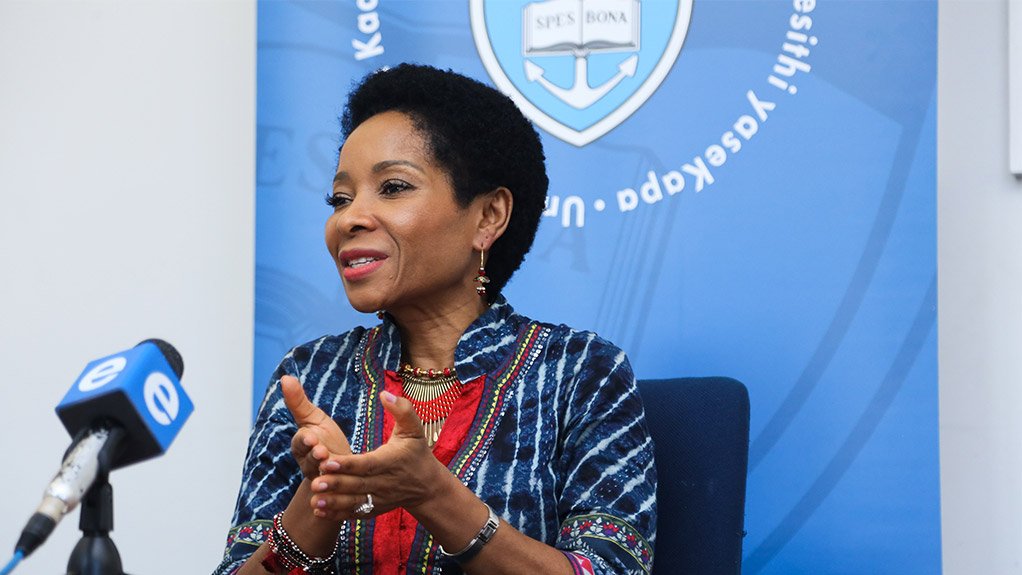The University of Cape Town's (UCT's) council was grilled by Parliament's Higher Education and Training Portfolio Committee following the release of a scathing report into former vice-chancellor Mamokgethi Phakeng's "divisive" leadership at the institution.
The council briefed the committee following the release of the independent investigation, which found that Phakeng and council chair Babalwa Ngonyama had committed "serious governance failures" by "mendaciously misleading" the university about the resignation of a colleague.
The new council chairperson, advocate Norman Arendse, told the committee that they were determined to use the report as a road map to guide them toward a future marked by accountability and transparency, as well as a renewed commitment to strengthening the governance of the university.
"Council has acknowledged that during the period under review, in important respects, it did not exercise its fiduciary responsibilities timeously and that it did not always act in the best interests of the university," Arendse said.
"Council has acknowledged publicly that had it at the time fulfilled its governance role as required, the events that unfolded and the emotional trauma caused to many individuals could have been avoided."
Arendse also used the opportunity to publicly apologise to the staff mentioned in the report.
"Council has publicly indicated its regret for not acting sooner and has apologised unreservedly," he stressed.
A panel was set up last year following allegations that Ngonyama had supplied false reasons to the UCT senate for the early departure of Professor Lis Lange, who was the deputy vice-chancellor for learning and teaching.
According to Ngonyama, Lange chose to leave of her own accord for personal reasons, News24 previously reported.
However, Lange denied this, saying Ngonyama had effectively pushed her out and told her that Phakeng didn't want her to continue as her second in command.
The report found Lange's departure was a constructive dismissal.
The 179-page report found Phakeng used race and racial difference as a "weapon" to abuse colleagues.
It also highlighted the profound repercussions of the breakdown in executive and governance relations.
Arendse said that, in relation to the individuals implicated in the report, the council was deliberating an appropriate course of action.
"This will be done in line with UCT policies, procedures, and codes of conduct," he said.
Committee chairperson Nompendulo Mkhatshwa said: "Whatever has happened here at UCT should be used as a case study to ensure this never happens again."
Dr Marcia Socikwa, Deputy Director-General in the Department of Higher Education and Training, told the committee that Minister Blade Nzimande would consider the report.
EMAIL THIS ARTICLE SAVE THIS ARTICLE
To subscribe email subscriptions@creamermedia.co.za or click here
To advertise email advertising@creamermedia.co.za or click here











